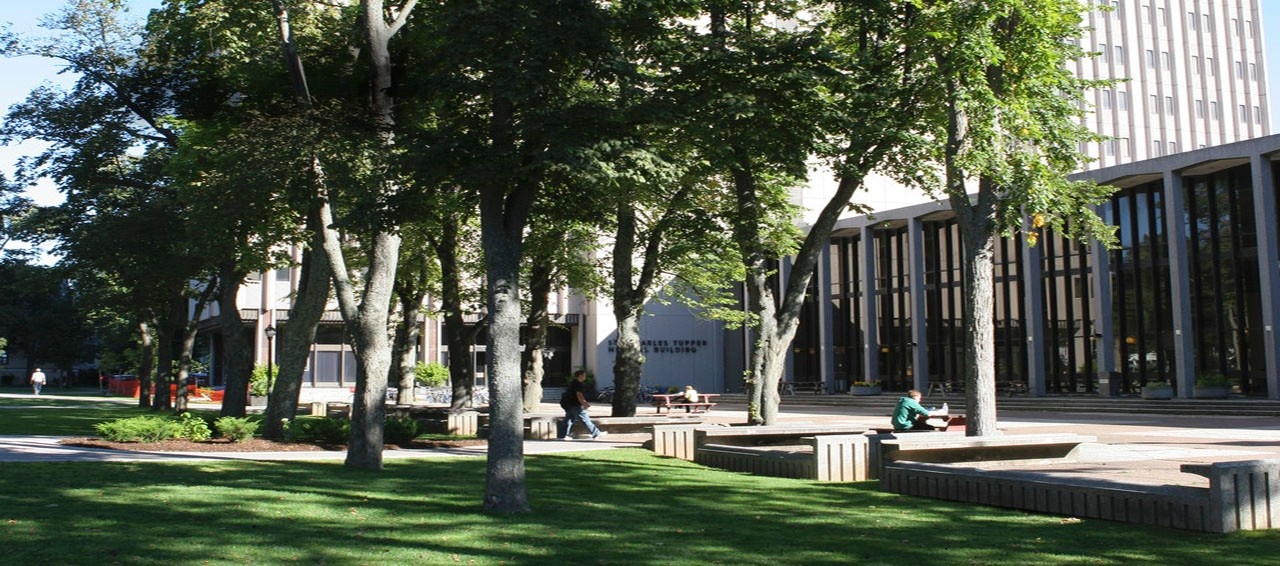To be considered under the Indigenous Admissions Pathway, applicants must self-identify in Section 1 and provide the following supporting documents with Section 2 of their application:
1. A letter (not to exceed 750 words) expressing the applicant’s intent to be considered under the Indigenous Admissions Pathway.
In this letter, applicants must be able to describe their Indigenous identity and their present-day connection to an Indigenous community within the Maritimes or Canada. The Indigenous Admissions Subcommittee recognizes that colonial policies (e.g. the Indian Residential School System, the Sixties Scoop, etc.) have disrupted the connection between many Indigenous people, their cultures, their languages, and their communities. These factors will be considered when reviewing letters for eligibility under the Indigenous Admissions Pathway.
2. A letter of support (not to exceed 750 words) from either an official in a recognized Indigenous organization or a relative in an Indigenous community.
In this letter, the supporting individual may include information about their organizational affiliation and role. If they are a relative, they may outline their own present-day connection with the Indigenous community and their relationship with the applicant. They may include information about the how long they have known the applicant and how they came to know the applicant. They may consider sharing their understanding of the applicant’s Indigenous identity and/or present-day connection with the Indigenous community.
3. Specific information and documentation regarding their First Nation (Status and Non-Status), Métis, Inuit, Band Council, Tribal Council, Treaty, community, nation, or organizational affiliation. Some examples of acceptable forms of documentation include:
- A copy of a valid Indian Status or Treaty card;
- Proof of enrolment as a Mi’kmaw of Nova Scotia through Wula na kinu;
- A copy of a valid Nunavut Trust Certificate card, roll number or any other proof accepted by Inuit communities;
- A copy of a membership card from a Métis registry recognized by the Métis National Council (Métis Nation of Ontario, the Manitoba Métis Federation, the Métis Nation of Saskatchewan, the Métis Nation of Alberta and the Métis Nation British Columbia);
- A copy of a membership card from a Métis Settlement General Council community;
- Written confirmation of a nationhood in a federally recognized band council which has its own citizenship code; or,
- A declaration of Indigenous (status or non-status) identity by the candidate with supporting documentation from either an official in a recognized Indigenous organization or a relative in an Indigenous community with any of the aforementioned forms of documentation.
These documents will be reviewed on a case-by-case basis and may be subject to verification by members of the Indigenous Admissions Subcommittee. All three supporting documents must be submitted by the Section 2 deadline. Late submissions will not be accepted, and incomplete applications will result in automatic disqualification from the Indigenous Admissions Pathway.
Applications that are deemed ineligible for consideration under the Indigenous Admissions Pathway will be re-directed to the Admissions Committee for consideration among the general admissions pool. This decision is final.
Suspected Indigenous identity fraud will be investigated in accordance with university policies and procedures and may result in rescission of an offer or expulsion from the university.
